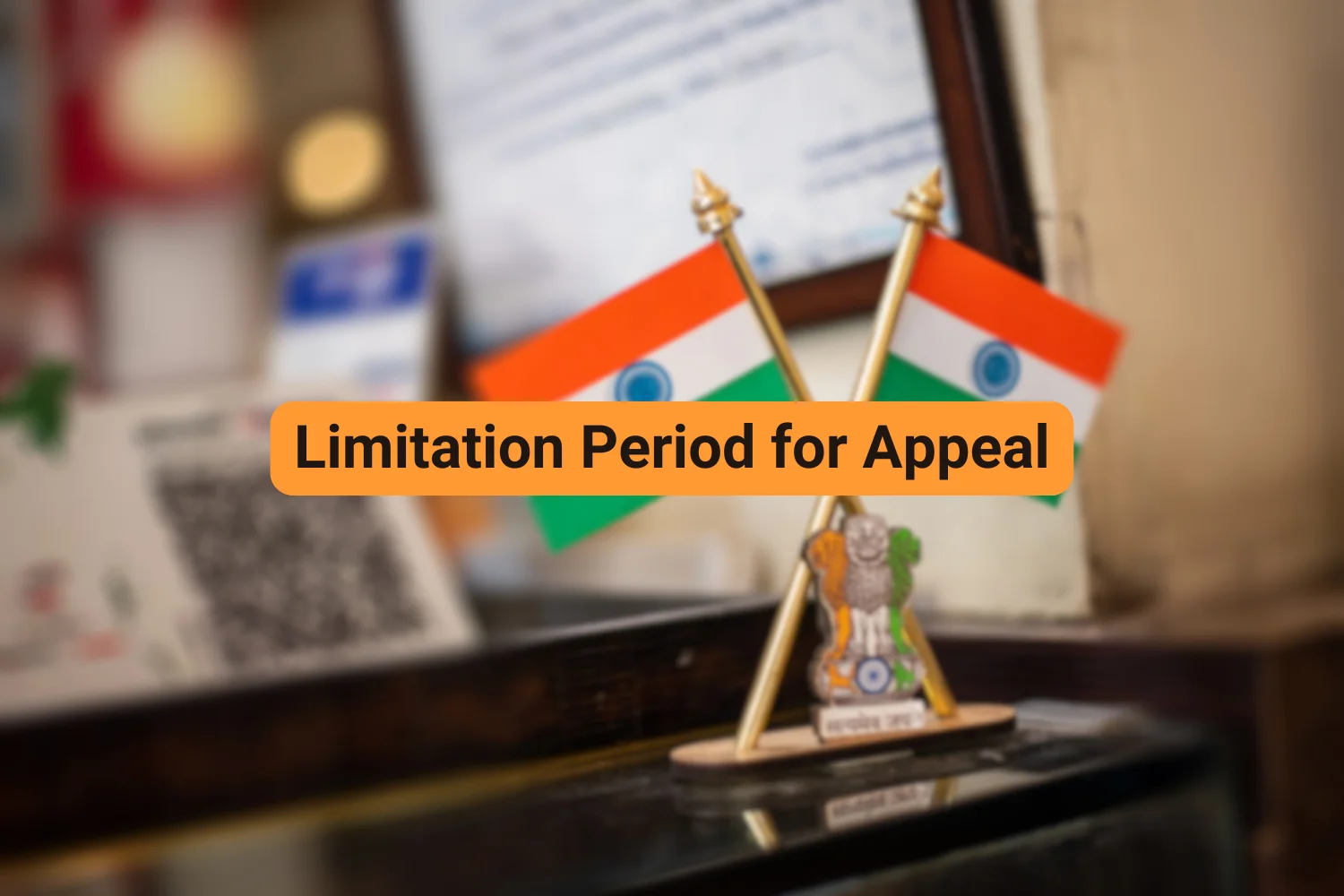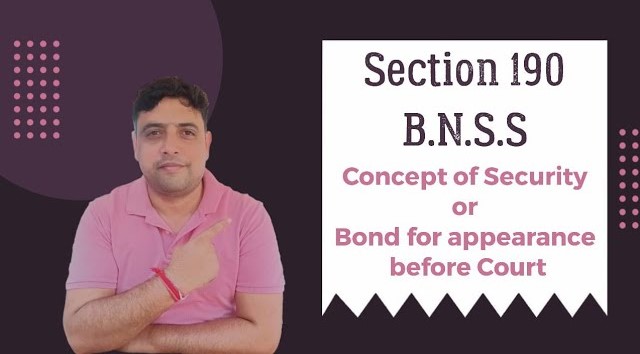DUTY OF ADVOCATE TO COURT
INTRODUCTION
An advocate (lawyer) should always behave in a way that is fitting for their role as a respected member of the legal community and a representative of the Court. They should remember that what may be acceptable for someone who is not a lawyer, or for a lawyer in their personal life, may still be considered unprofessional for an advocate.
An advocate's main duty is to fearlessly represent their client's interests, while also following the rules and guidelines set out below, both in letter and in spirit. These rules are meant to serve as a guide for proper conduct and etiquette, but they are not exhaustive, and advocates should be aware that there may be other important rules and principles that are not specifically mentioned.
In simpler terms, lawyers have a special role in society and should always conduct themselves in a professional and respectful manner, upholding the interests of their clients while following the rules and guidelines of their profession.
Standards of Professional Conduct and Etiquette (Rules under section 49 (1) (c) of the act read with the proviso thereto contains the following rules which govern the duty of an advocate towards Court, Client , Opponent and to the Colleague.
DUTY TO THE COURT
- Conduct and Dignity: An advocate must conduct themselves with dignity and self-respect in court, and not be servile.
- Respectful Attitude: An advocate must maintain a respectful attitude towards the courts, recognizing the dignity of the judicial office.
- No Illegal Influence: An advocate must not influence a court's decision by illegal or improper means, and private communication with judges about pending cases is forbidden.
- Client Conduct: An advocate must restrain and prevent clients from sharp or unfair practices, and refuse to represent clients who persist in such conduct.
- Dress Code: An advocate must appear in court in prescribed dress and maintain a presentable appearance.
Personal Relations and Conflict of Interest
- No Appearance in Family Cases: An advocate cannot appear in cases where a family member is a judge, member, or presiding officer.
- No Wearing Bands or Gown in Public: An advocate cannot wear bands or gown in public places except in courts or on ceremonial occasions.
- No Conflict of Interest: An advocate cannot appear in cases involving an organization or institution they are a member of, except as "amicus curiae" or without a fee.
- No Pecuniary Interest: An advocate cannot act or plead in cases where they have a personal financial interest.
- No Standing as Surety: An advocate cannot stand as a surety or certify the soundness of a surety for their client.
"Empowering your legal journey, one resource at a time. Welcome to Vidhoon, your trusted hub for
comprehensive law notes, practical guidance, and expert support.
Explore, learn, and succeed with us!

















